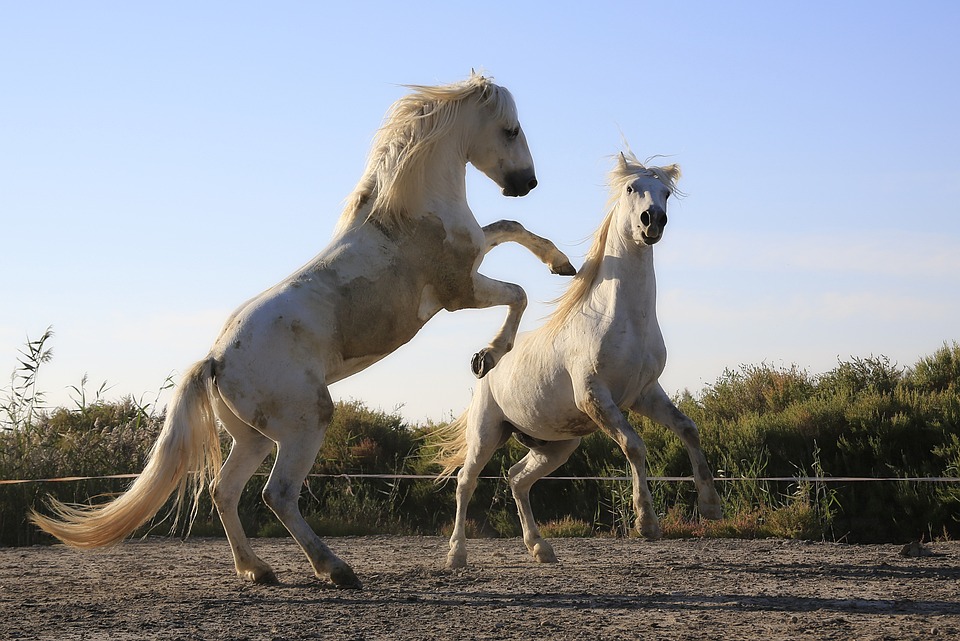Horses flying in two-horse units with individual stalls is a common practice for transporting horses to various events, including the Olympics. The process involves loading horses into individual stalls with rubber matting flooring, hay nets, and water buckets attached to the wall. Veterinarians are often on board to attend to any medical emergencies that may arise during the flight. The air temperature is maintained at a comfortable level, and grooms ensure that the horses are well taken care of throughout the journey.
The Fédération Equestre Internationale (FEI) has established rules regarding the transportation of horses to ensure their safety and well-being. These rules include providing protection against injuries and health risks, maintaining safe and well-ventilated vehicles, and having competent handlers available to manage the horses during transport. Access to food and water at all times, as well as carefully planned journeys with programmed rest periods, are also mandated by the FEI.
While most horses travel peacefully during flights, some may experience agitation during takeoff and landing. It is essential to provide horses with the opportunity to rest and graze after arrival to help alleviate any discomfort they may experience during the journey. Signs of fatigue, dehydration, inflammation, and elevated muscle enzymes are common in horses after air travel, emphasizing the importance of allowing them time to rest and recover before competition.
In preparation for the Olympics in Versailles, horses will arrive at least five days in advance to rest and adapt to the local climate. Private stables in the area will provide biosecure accommodations for the horses as they recover from their journeys. Transporting horses to Versailles will involve a strict schedule and biosecurity measures to ensure the safety and well-being of the animals upon arrival.
Overall, horses typically handle air travel well, especially when accompanied by experienced grooms and veterinarians. The FEI’s regulations and guidelines help ensure that horses are well cared for during air travel. Teams often schedule rest periods for their horses to recover from the physical toll of flying before heading to the competition grounds. By following these protocols and providing proper care, horses can travel safely and comfortably to their destinations, ready to compete at the highest level.





